Are you thinking about pursuing fulfilling lab career pathways? Exciting prospects to promote science, medical research, and illness diagnosis and treatment exist in the field of laboratory science. It can be challenging to navigate the educational channels to enter this sector, though. We will present a helpful blog on navigating the educational pathways for a satisfying laboratory career in this post. We’ll cover all you need to learn about on this rewarding journey, from describing the necessary educational requirements to examining numerous job opportunities.

Introduction
The healthcare sector & scientific research both heavily rely on laboratory science. The diagnosis, treatment, & prevention of diseases are greatly aided by experts in this sector, such as medical laboratory scientists, clinical lab technicians, as well as scientists. Their expertise lies in analyzing and interpreting medical samples & conducting essential research experiments.
The work carried out by laboratory professionals is indispensable for ensuring precise & prompt medical diagnoses, closely monitoring patient health, and advancing our understanding of various diseases and their corresponding treatments. By pursuing a career in laboratory science, you have the opportunity to play a meaningful role in improving healthcare outcomes & expanding scientific knowledge.
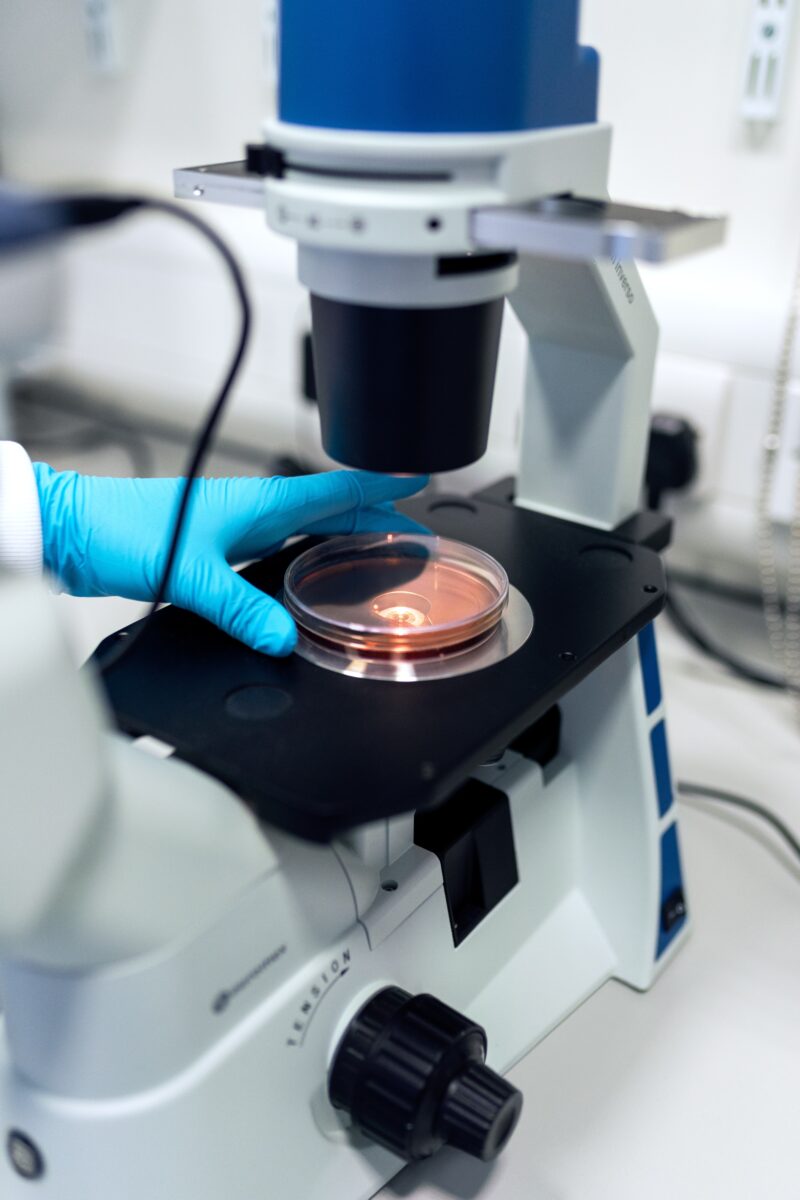
Understanding the Role of a Laboratory Professional
Laboratory professionals play a crucial role behind the scenes by conducting tests, analyzing samples, and generating accurate data. They uphold the integrity of laboratory processes, maintain quality control, and follow strict safety protocols. These professionals utilize various scientific techniques and technologies to offer valuable insights & support to healthcare providers, researchers, and patients.
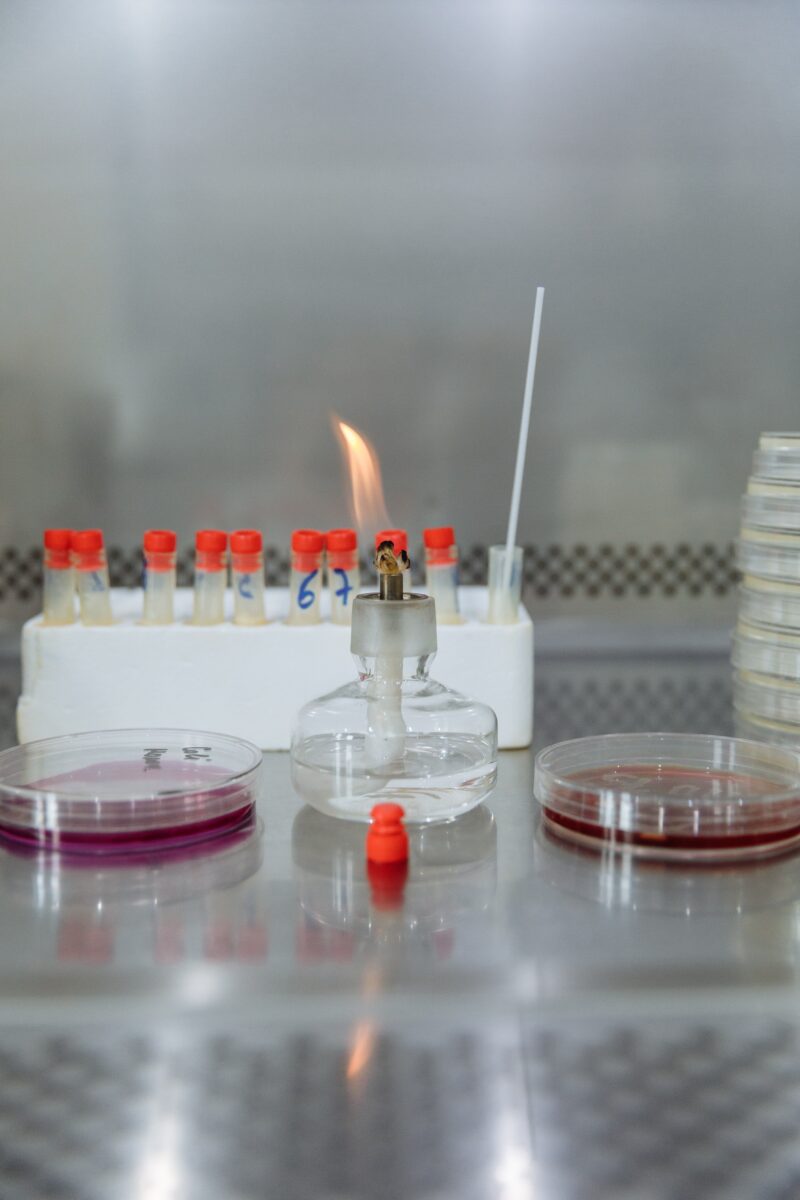
Educational Requirements for a Laboratory Career
The right educational background is essential to establishing a prosperous career in laboratory science. A bachelor’s degree in a comparable discipline is often required for entry-level work in this field. But it’s crucial to understand that some specialised professions & high-level employment could need additional qualifications. These could include pursuing further education, obtaining specific certifications, or undergoing specialized training to enhance your expertise & expand your opportunities within the laboratory science field. By investing in your education & staying updated with advancements, you can unlock a world of possibilities & thrive in this fascinating profession.
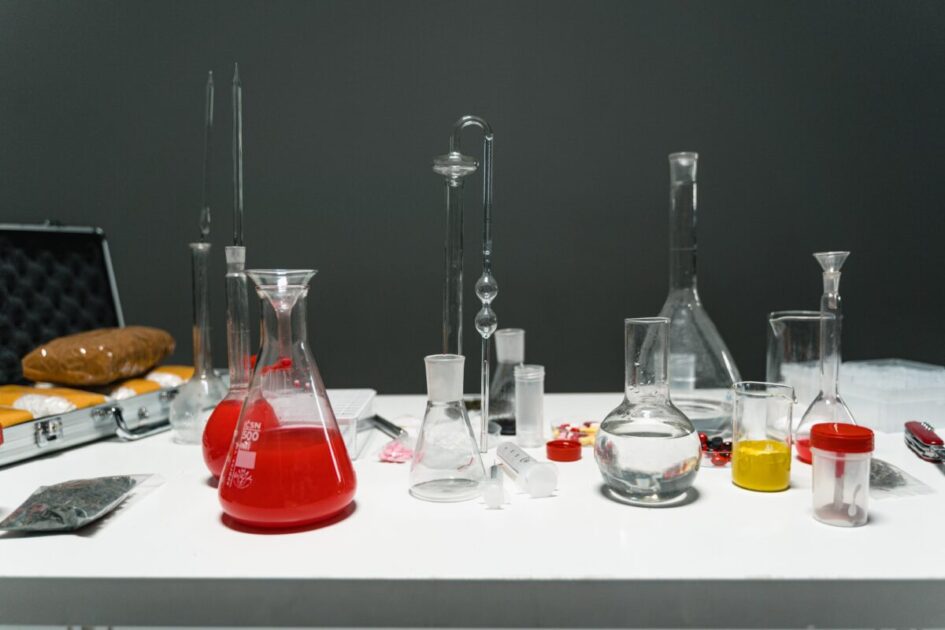
Bachelor’s Degree Programs in Laboratory Science
Aspiring laboratory professionals frequently begin with a bachelor’s degree in lab science or a closely related field. These courses often offer a thorough grounding in scientific methods, laboratory procedures, data analysis, & scientific principles. Students can expect to study subjects such as biology, chemistry, microbiology, genetics, & anatomy.
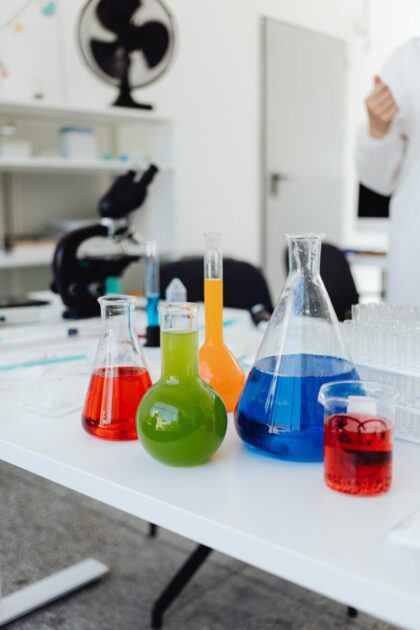
Specialized Degree Programs in Laboratory Science
For people interested in particular branches of laboratory science, there are specialised degree programmes in addition to the bachelor’s degree programmes. These programmes concentrate on specialised subjects such as forensic science, histotechnology, cytotechnology, medical laboratory science, & clinical laboratory science. Specialized programs provide in-depth knowledge & hands-on training in their respective areas, preparing students for specialized roles within the laboratory profession.

Certification and Licensing
Obtaining professional certifications can improve your employment prospects and show that you are competent in laboratory science, even if certification & licencing criteria vary depending on the particular role & area. Medical Lab. Scientist (MLS) & Medical Lab. Technician (MLT) certifications are offered for the lab. professionals by organisations like the American Society for Clinical Pathology (ASCP).

Gaining Practical Experience Through Internships and Clinical Rotations
Laboratory science benefits greatly from practical experience. Internships & clinical rotations are common components of education programmes. These programmes give students the chance to put their learning to use in practical situations, collaborate with knowledgeable professionals, and hone crucial skills. Additionally offering beneficial networking possibilities, internships & clinical rotations frequently result in job offers following graduation.
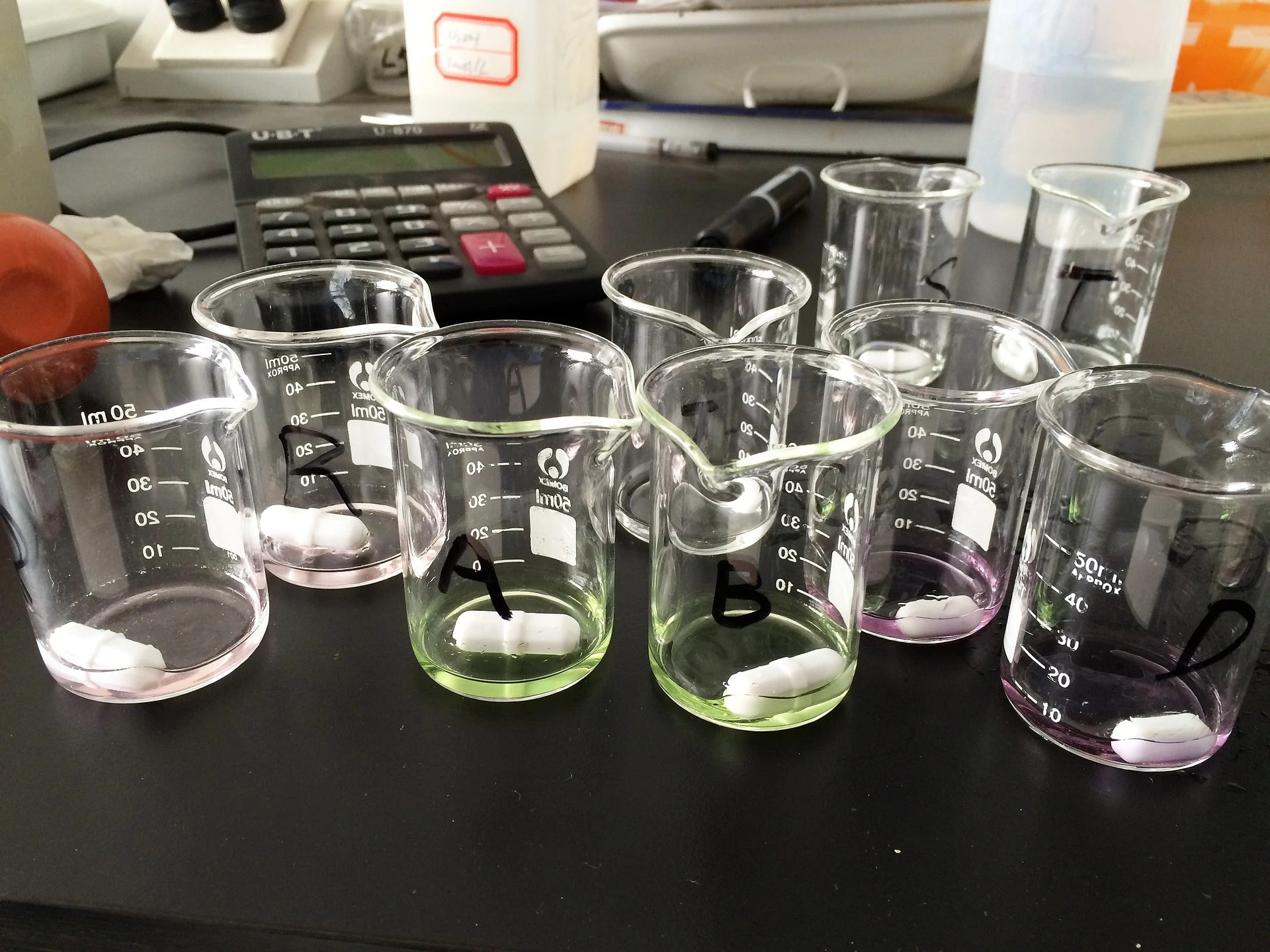
Pursuing Advanced Education and Specializations
Consider more education as a possibility if you’re looking to further your career inside the lab field or have expertise in an area of study. Opportunities for increased specialisation, research activities, and leadership positions are presented through graduate programmes, particularly those leading to master’s and doctoral degrees in lab science or related fields. Advanced degrees can pave the way for research opportunities, academic jobs, and higher-level work.

Exploring Career Opportunities in Laboratory Science
The field of laboratory science presents a wide array of career opportunities, encompassing roles such as medical laboratory scientist, clinical laboratory technician, research scientist, forensic scientist, histotechnologist, cytotechnologist, & laboratory manager. These diverse career paths offer individuals various avenues to pursue within the realm of laboratory science. Every career path demands a distinct skill set, qualifications, & responsibilities. Engaging in a thorough exploration of various career options can assist you in discovering your interests & aligning them with your educational endeavours.
![]()
Job Outlook and Salary Expectations
The job outlook for laboratory professionals is promising. The demand for skilled laboratory experts is predicted to increase as the healthcare sector continues to develop & thrive. The demand for skilled workers in the field of lab work is further highlighted by scientific research & technological breakthroughs. The expected wage varies depending on education, experience, specialisation, location, & the organisation’s hires.

Continuing Education and Professional Development
To stay aware of the most recent developments, methods, and laws in their industry, laboratory personnel must pursue ongoing education & professional development. Professionals can take advantage of priceless chances to increase their knowledge, hone their skills, & demonstrate their steadfast commitment to personal as well as professional progress by taking part in workshops, conferences, seminars, as well as online courses. To facilitate continual learning in a laboratory profession, many professional groups & organisations offer a variety of materials & continuing education programmes.

Networking and Professional Associations
Your laboratory career can considerably benefit from establishing a solid professional network. You can network with other professionals, gain access to helpful resources, and keep up with market developments and trends by joining a professional organisation, like the American Society for Clinical Lab. Science (ASCLS) or the Association of Clinical Research Professionals (ACRP). Networking can lead to partnerships, mentorship, and employment opportunities.
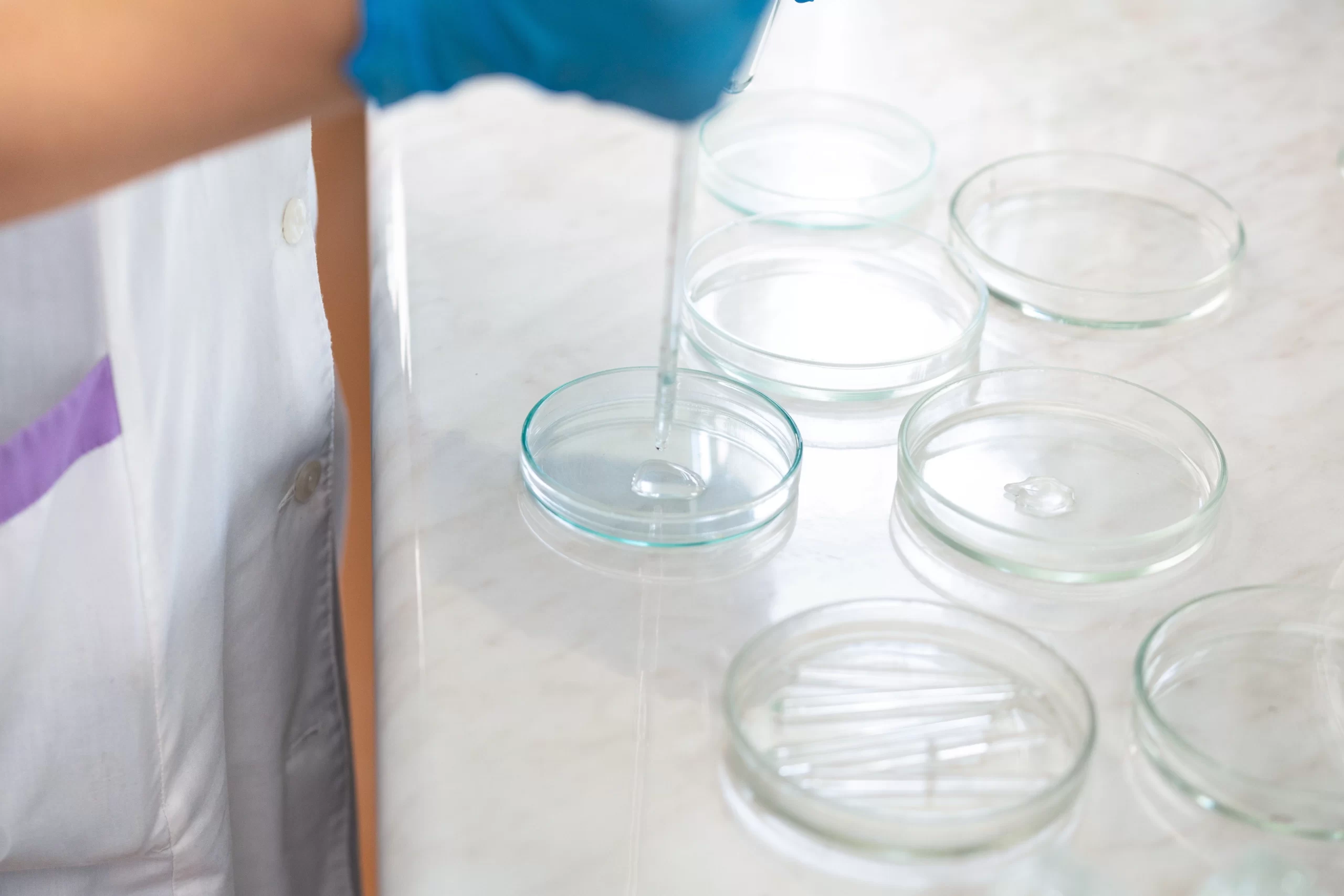
Challenges and Rewards of a Laboratory Career
Similar to any other profession, a laboratory career presents its own unique challenges and rewards. Laboratory professionals frequently operate in dynamic settings, where they must efficiently manage multiple responsibilities, meet deadlines, and maintain meticulous accuracy. Working may be mentally and physically demanding. However, it is a rewarding and satisfying career choice because of the rewards of making substantial contributions to medical developments, discoveries in science, and patient care.

Conclusion
So, Fulfilling Lab Career Pathways demands careful preparation, commitment, and a love of scientific curiosity. By understanding the educational pathways, certifications, practical experiences, & career options available, you can chart your course towards a rewarding laboratory career. Stay curious, embrace continuous learning, & seize opportunities for professional growth. People can improve society & make a lasting impact on medical & scientific research through a variety of employment options in the lab.

FAQs
Q1: What kind of school degree is needed for a profession in the laboratory?
A: A degree of bachelor’s or higher in a related discipline is typically required for entry-level positions in laboratory science. Specialized roles and advanced positions may demand further education, certifications, or specialized training.
Q2: What are some common career paths in laboratory science?
A: Common career paths include medical laboratory scientist, clinical laboratory technician, research scientist, forensic scientist, histotechnology, cytotechnologist, and laboratory manager.
Q3: How can I gain practical experience in laboratory science?
A: Numerous educational programs provide internships or clinical rotations as integral components of their curriculum. These valuable opportunities enable students to apply their knowledge in real-world settings and acquire practical, hands-on experience.
Q4: Are there opportunities for specialization in laboratory science?
A: Yes, there are specialized degree programs and advanced education options that allow for specialization in areas such as medical laboratory science, histotechnology, cytotechnology, or forensic science.
Q5: How can I stay updated with advancements in laboratory science?
A: Continuing education, attending workshops and conferences, and joining professional associations are excellent ways to stay informed about the latest advancements and techniques in laboratory science.


1 thought on “Fulfilling Lab Educational Career Pathways”
Comments are closed.